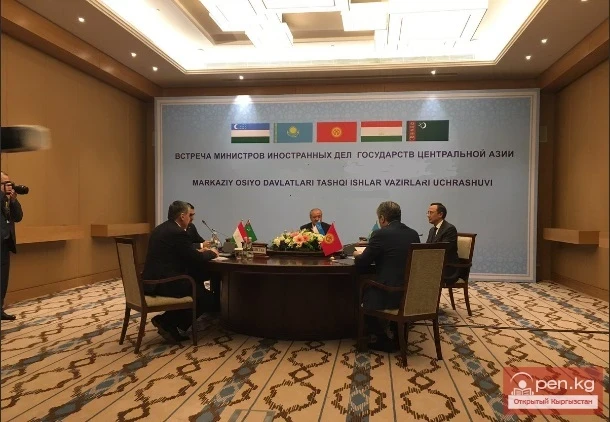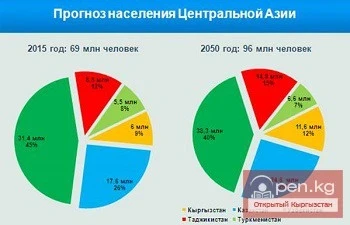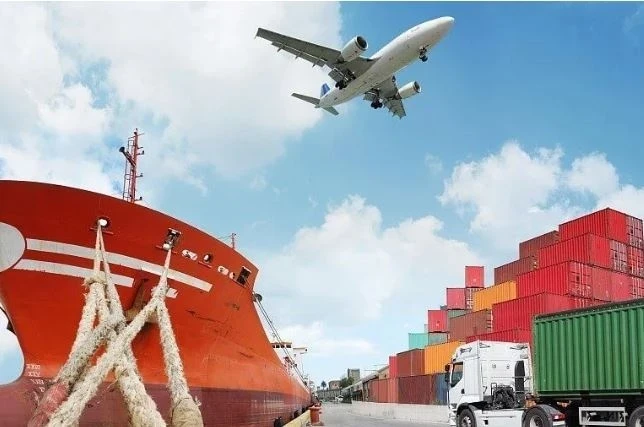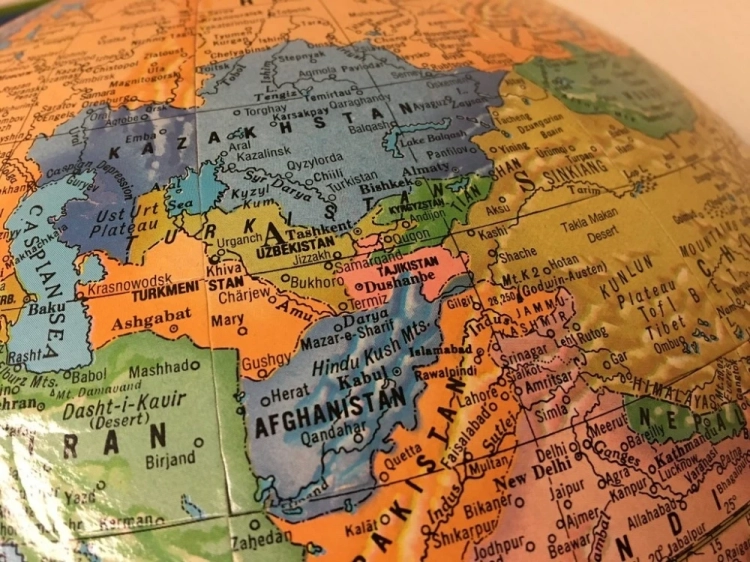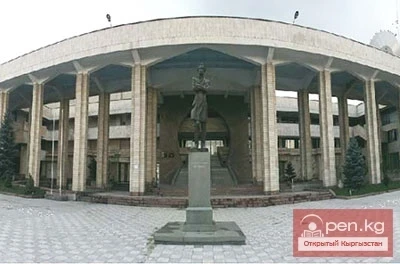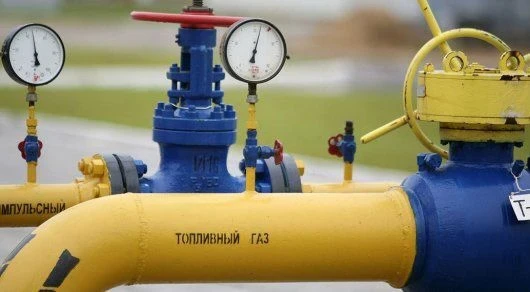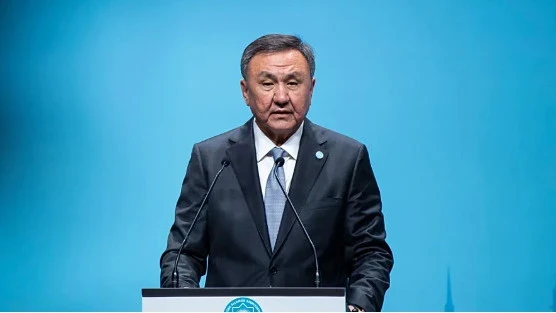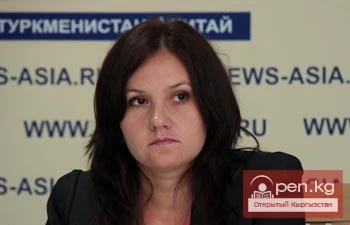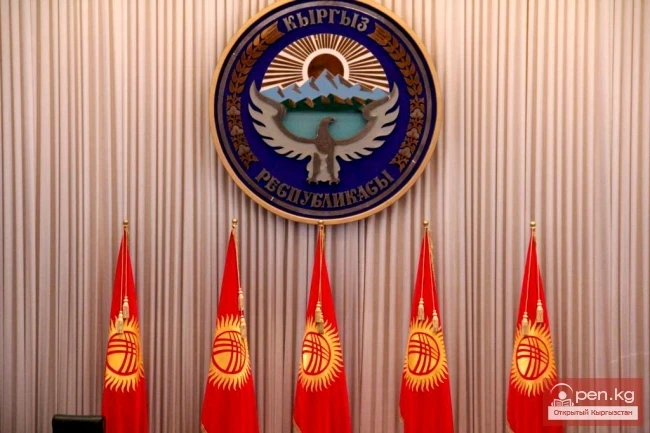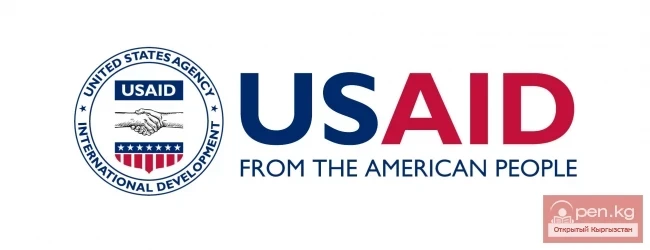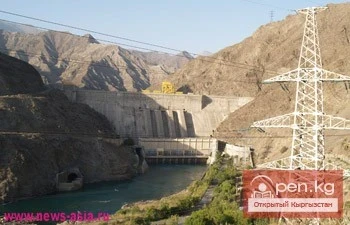The Director of the IMF's Middle East and Central Asia Department, Jihad Azour, noted that economic growth has exceeded expectations, and the negative impact of high U.S. tariffs and geopolitical conflicts has proven to be temporary.
Kaktus.media has found out what the IMF's expectations are regarding the global and regional economy, as well as what the forecasts are for Kyrgyzstan.
Slowdown in Growth in Central Asia
IMF experts point to sustained economic growth in the Caucasus and Central Asia region, which they believe will remain at 5.6% in 2025, 0.7% higher than previously expected. Kyrgyzstan is projected to show the highest economic growth this year, while in 2026, leadership will shift to Uzbekistan.It is important to note that inflation in the region's countries has increased this year, which is associated with high domestic demand, imported inflation from Russia—its main trading partner—and rising electricity tariffs, which primarily affect Kyrgyzstan. - Note from Kaktus.media
The IMF believes that political events open new prospects for regional cooperation. The peace agreement signed in August 2025 between Armenia and Azerbaijan could serve as a foundation for greater stability and economic integration, which, in turn, could promote trade and investment growth in the region.
Jihad Azour also added that global demand may weaken due to various factors, which will also affect our region through trade and finance.
Reasons for Price Increases in Kyrgyzstan
The IMF has improved its growth forecast for Kyrgyzstan's economy: GDP is expected to increase by 8% this year. In July, this forecast was 6.8%. Expectations for next year remain at 5.3%.According to forecasts, inflation next year may rise to 6.9%, which will exceed the rate of economic growth. In July, inflation for 2026 was estimated at 5.7%. Additionally, the IMF notes an increase in the volume of remittances in Central Asia, which has been observed since the beginning of the war in Ukraine, particularly in Kyrgyzstan, Tajikistan, and Uzbekistan.
The fund's experts link inflationary pressure in Kyrgyzstan to several factors:
- rising electricity tariffs;
- imported inflation, primarily from Russia;
- high domestic demand.
Fiscal policy in the region's countries is expected to be expansionary in 2025 but will become more restrictive in 2026. Exceptions are Kyrgyzstan and Tajikistan, where the policy will remain expansionary.
Likelihood of Rising Borrowing Costs and the Need to Curb Inflation
Despite positive forecasts, risks remain significant. The IMF warns that recent economic shocks and high global uncertainty may reduce demand and lead to an economic downturn.Persistent inflation and concerns about budget sustainability may increase borrowing costs, especially for countries with high financial needs in the Caucasus and Central Asia region.The IMF emphasizes that further escalation of geopolitical tensions caused by the war in Ukraine and sanctions against Russia may negatively impact trade and investment. Rising global interest rates may also increase borrowing costs and make budgets more vulnerable. Additionally, fluctuations in commodity prices, especially for oil and gas, pose a risk to budget revenues and external balances.
Jihad Azour noted that the region continues to face geopolitical instability and climate challenges that may affect economic activity. However, achievements in peace processes and reforms could lead to more sustainable and inclusive growth.
Experts recommend strengthening tax and budget policy to ensure sustainability, enhancing trust in monetary policy to curb inflation expectations, and accelerating structural reforms to diversify the economy and attract investment.
Global Trends
During the briefing, IMF Managing Director Kristalina Georgieva noted that concerns about the global economy have not materialized, although the situation remains complex. Global economic growth remains stable, although a slowdown is expected: from 3.3% last year to 3.2% this year and 3.1% next year.Georgieva emphasized that medium-term growth forecasts remain weak, the level of public debt is close to record highs and continues to rise, and there is significant imbalance in the economy.
She also noted that regulatory revision and regional integration are interconnected, as many rules hinder private enterprises and restrict the movement of goods and ideas across borders.
Small export-dependent economies often find themselves in a situation where they have to adapt to external conditions.Georgieva added that countries with large economies have stronger positions in negotiations, and many states seek to strengthen their positions through cooperation. She urged trade blocs to reduce internal frictions and activate integration to ensure sustainability and growth.
The IMF expects real productivity growth in the range of 0.1-0.8% per year, as well as changes in the labor market due to automation and the implementation of AI, which will require authorities to take measures to mitigate the consequences.
Georgieva concluded that old professions will disappear, and new ones, such as big data specialists and machine learning experts, will take their place, reminding us of how the car replaced the horse.
